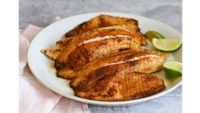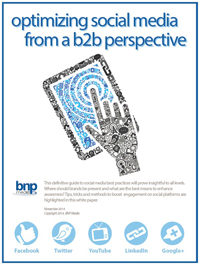Fall-calving beef herds move north; Show-Me-Select heifer sale is a hit

A sale of fall-calving Show-Me-Select replacement heifers had a warm welcome in northern Missouri. The 103 bred beef heifers averaged $2,845 at F&T Livestock Market, Palmyra, May 30.
The first lot averaged $3,050, the sale high.
Show-Me-Select heifers come from the University of Missouri Extension program that has been offered since 1997.
Fall calving grows more popular in southern Missouri with long fall grazing seasons and warmer winters. Northern herd owners are learning to calve in dryer, warmer fall weather. That cuts work in cold, wet spring calving seasons.
“Spring calving still dominates up here,” says Daniel Mallory, MU Extension livestock specialist, New London. He is sale manager with Zac Erwin, MU Extension specialist in Kirksville.
A spring sale was held in 2006, but was not continued.
“With success of this sale, I expect to see higher enrollments this fall,” Mallory says. That could mean more heifers in the planned spring sale next May.
It was a small sale, with five consignors and 80 registered bidders, but Mallory noted the sale barn was full. “We had lots of interested watchers.”
The Palmyra sale was third in the state this year, joining long-running spring sales at Carthage and Fruitland.
The Fruitland Livestock Auction on May 2 sold 213 heifers that averaged $2,743. The Joplin Regional Stockyards sale, Carthage, May 15, averaged $2,861 on 283 head.
The Show-Me-Select program teaches producers to improve genetics of their cow herds. Heifer management prior to breeding is emphasized. SMS started by featuring improved calving ease. That works, with fewer assists at calving time. That results in fewer deaths of heifers and their calves.
Now SMS goes far beyond improved maternal traits to better carcass value. Steers from SMS herds are sought by feedlots, where they bring premium prices from packers.
Angus and Angus-cross heifers dominated the Palmyra offerings. Some black whiteface, Simmental and Simmental crosses were sold.
Consignors were well-known breeders from the long-running fall sales of spring-calving heifers. Producers have learned the value of improved genetics and fixed-time artificial insemination. FTAI results in bunched calving seasons, which cuts labor at calving. The uniform lots of calves bring higher prices.
Sale prices show value of improved AI breeding. The higher-level Tier Two heifers bred AI averaged $2,900, compared to natural-service Tier One heifers at $2,625. That $275 premium teaches a lesson, Mallory says.
Of the 103 fall-calving heifers, 60 were artificially inseminated. AI continues to gain usage. All were sold guaranteed to be bred.
Heifers are inspected on arrival by graders from the Missouri Department of Agriculture. Those not conforming to rules are sent home.
Only heifers wearing trademarked Show-Me-Select ear tags can be sold as Show-Me-Select.
Tier One heifers carry black-and-gold ear tags. Heifers with a white SMS tag are the advanced Tier Two. Those heifers carry second-generation SMS breeding.
A fall sale of spring-calving heifers will be held Dec. 12 at Palmyra.
Information on all sales will be at agebb.missouri.edu/select.
Looking for a reprint of this article?
From high-res PDFs to custom plaques, order your copy today!








